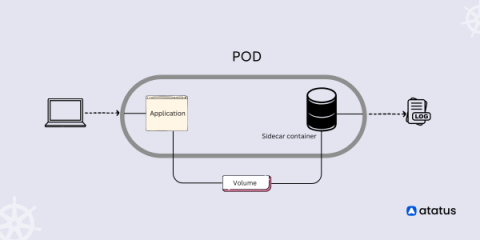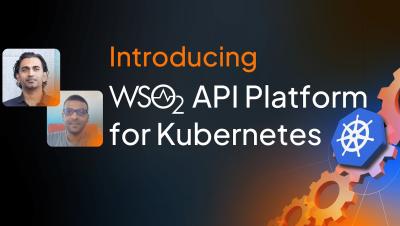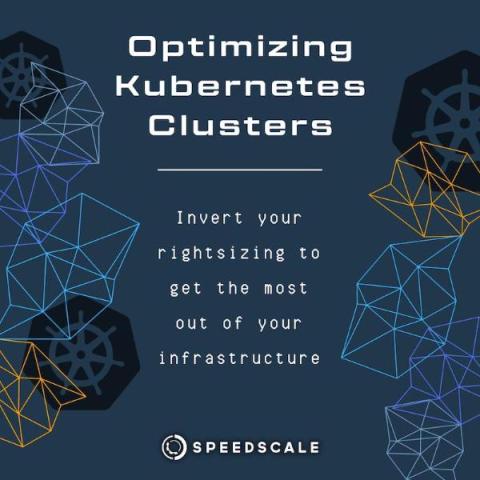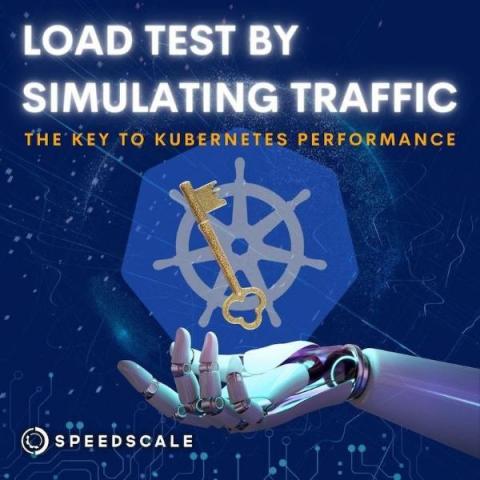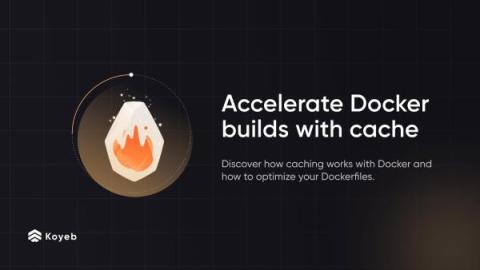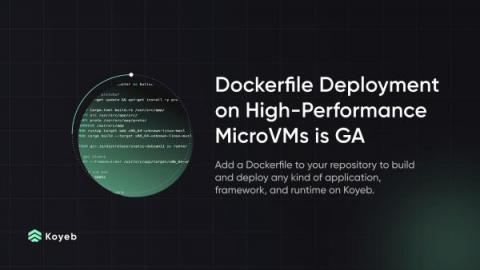Kubernetes Sidecar Container - Best Practices and Examples
An open-source container management engine called Kubernetes is used to automatically launch, scale, and handle containerized apps. The fundamental unit of a Kubernetes program is a pod. Instead of managing containers, Kubernetes controls pods, and pods enclose containers. A number of containers, storage, IP addresses, and settings that control how containers should operate inside the pod can all be found in a pod. You can operate two closely linked containers together with sidecar containers.


